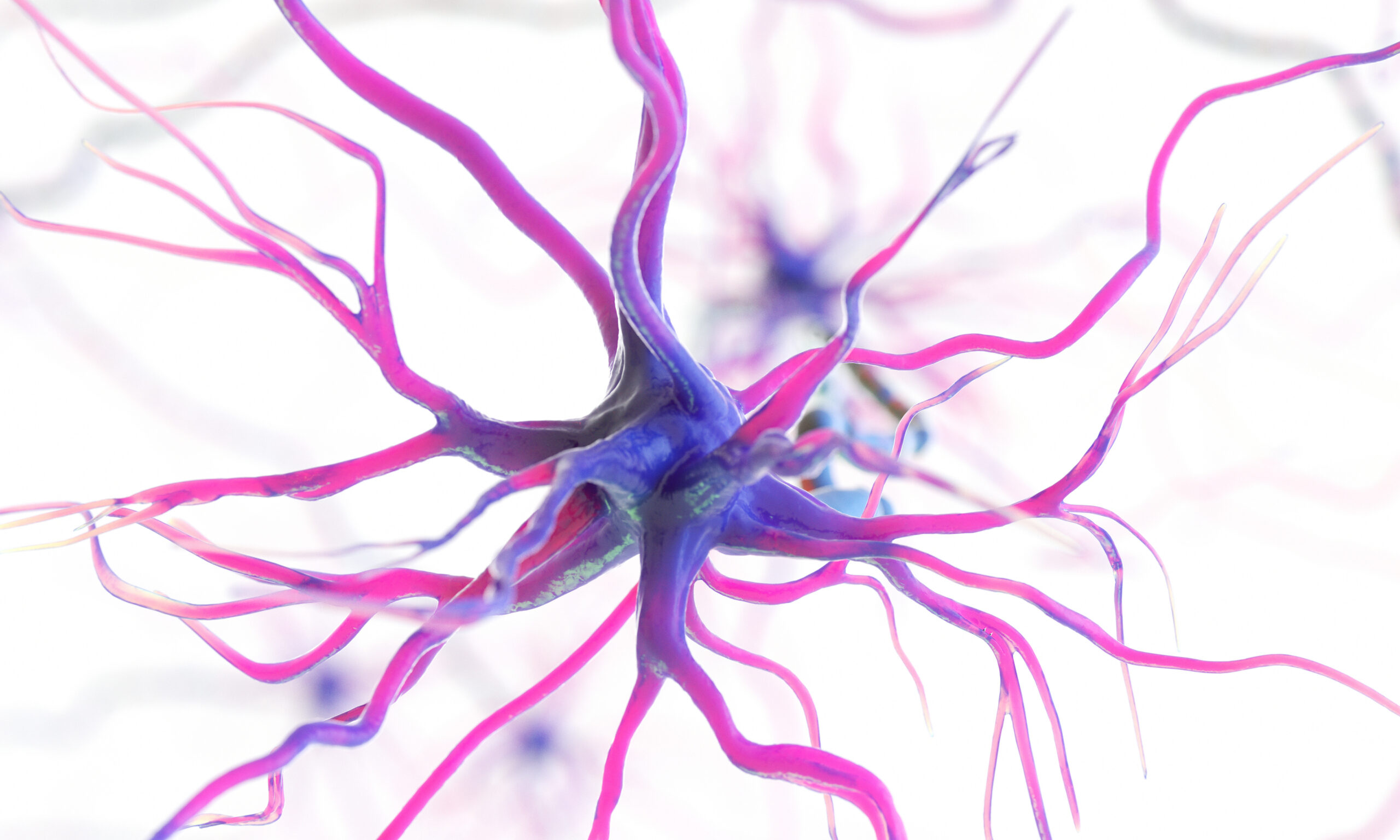Demyelinating & Inflammatory Disorders
Multiple sclerosis, NMOSD, MOG antibody disease, ADEM and autoimmune encephalitis are immune-mediated conditions that affect the brain, optic nerves and spinal cord. With clear diagnosis and timely treatment, many people stabilise or recover function.

Multiple Sclerosis (MS)
An immune-mediated attack on myelin in the central nervous system, presenting with relapses (vision loss, numbness/weakness, imbalance) or gradual progression.
Diagnosis: clinical history and examination supported by MRI brain/spine (lesions separated in time and place), lumbar puncture for oligoclonal bands where useful, and evoked potentials.
Treatment: personalised disease-modifying therapy (DMT), relapse treatment (usually high-dose corticosteroids), symptom control (spasticity, pain, fatigue), and targeted neuro-rehabilitation.

Neuromyelitis Optica Spectrum Disorder (NMOSD)
Typically causes severe optic neuritis and longitudinally extensive transverse myelitis; most cases are AQP4-IgG antibody mediated.
Diagnosis: clinical pattern, AQP4-IgG blood testing, MRI of optic nerves/spine/brain, and exclusion of mimics.
Treatment: urgent high-dose steroids for attacks, often followed by plasma exchange if response is incomplete; relapse prevention with targeted immunotherapy (e.g., anti-CD20 or complement/IL-6 pathway agents) and careful infection/vaccine planning.
MOG Antibody Disease (MOGAD)
Immune attacks often involving the optic nerves, spinal cord or brainstem; recovery can be good but relapses may occur.
Diagnosis: serum MOG-IgG testing using a cell-based assay, MRI, and CSF where indicated (oligoclonal bands less common than in MS).
Treatment: steroids for acute relapses (with slow taper to reduce rebound), consideration of IVIg or other maintenance strategies in relapsing disease, and visual/rehabilitation support.
Acute Disseminated Encephalomyelitis (ADEM)
A post-infectious (occasionally post-vaccination) inflammatory demyelination, mainly in children, causing encephalopathy with multifocal neurological deficits.
Diagnosis: clinical picture with widespread MRI changes and CSF studies; paediatric neurology involvement is standard.
Treatment: IV corticosteroids first-line; IVIg or plasma exchange if needed. Most children recover well; adults are assessed individually and referred appropriately.
Autoimmune / Paraneoplastic Encephalitis
Inflammation of the brain (often limbic system) causing seizures, memory problems, behavioural or psychiatric symptoms. Can be antibody-mediated (e.g., NMDA-R, LGI1) or paraneoplastic (associated with a hidden tumour).
Diagnosis: history/examination, MRI, EEG, CSF (including antibody panels), and cancer screening where relevant.
Treatment: prompt immunotherapy (steroids, IVIg or plasma exchange; second-line agents where required), seizure control, cognitive/psychological support and oncological management if a tumour is found.
How Dr Francesco Manfredonia can help
-
Accurate, timely diagnosis: structured history, examination and tailored testing (MRI, CSF, antibody panels, evoked potentials).
-
Individualised treatment plans: evidence-based immunotherapy, relapse protocols, DMT selection in MS, and coordinated rehabilitation.
-
Joined-up care: close collaboration with neuroradiology, immunology, oncology, paediatrics (for ADEM) and neuro-rehabilitation teams, with clear communication to you and your GP.
-
Long-term monitoring: safety bloods, infection/vaccine counselling, relapse prevention and wellbeing checks (mood, cognition, fatigue, work/driving).
Urgent advice: seek emergency care if you develop sudden severe vision loss, rapidly progressive limb weakness, loss of bladder/bowel control, or confusion with fever or seizures.
FAQ
How are MS, NMOSD and MOGAD different?
MS typically shows multiple lesions separated in time/place with CSF oligoclonal bands. NMOSD is usually AQP4-IgG positive with severe optic neuritis/myelitis. MOGAD is MOG-IgG positive, often with good steroid responsiveness but relapse risk.
Can infections trigger a relapse?
Yes—intercurrent infections can worsen symptoms or trigger attacks. Early treatment of infection and prompt relapse assessment help reduce impact.
Are vaccines safe?
Most routine vaccines are recommended; timing may be adjusted around high-level immunotherapy. You’ll receive personalised guidance.
What is the role of lumbar puncture?
CSF can detect oligoclonal bands (supporting MS), exclude infection and, with antibody testing, aid encephalitis diagnosis.
Will I need long-term treatment?
MS generally benefits from ongoing DMT. NMOSD and some MOGAD cases require maintenance immunotherapy to prevent severe relapses; plans are individualised.
Can vision recover after optic neuritis?
Often, yes—especially with early treatment. Visual rehabilitation and follow-up testing track recovery and guide next steps.
Is autoimmune encephalitis psychiatric or neurological?
Neurological. Psychiatric symptoms are common early features; treatment targets the immune cause and includes psychological support.
Can these conditions affect pregnancy?
Many people have healthy pregnancies with planning. Medication choices and timing are reviewed before conception and during pregnancy.
How quickly will I be seen if I’m worse?
Relapse pathways prioritise rapid review for new, function-affecting symptoms; you’ll be given clear escalation instructions.
BOOK YOUR CONSULTATION
Book a consultation with Dr Francesco Manfredonia (Dr FM) for clear diagnosis, compassionate care and a plan built around your life and goals.
